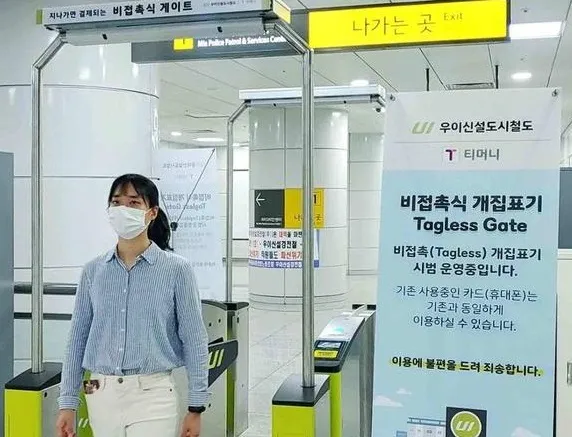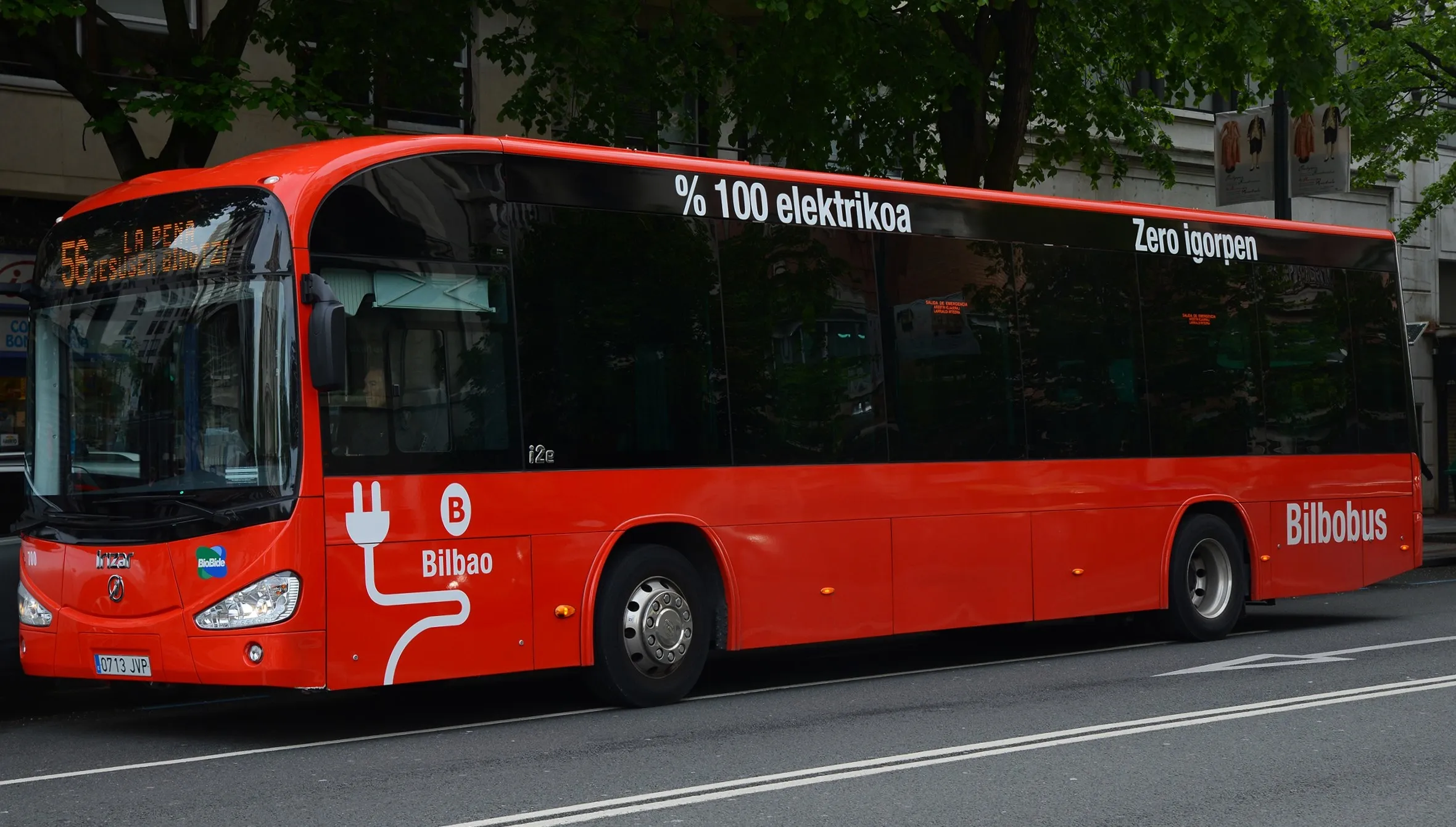South Korea capital introduces tagless payment at 12 stations along Ui-Sinseol LRT
By Adam Hill
September 18, 2023
Read time: 1 min

Seoul, capital of South Korea, has begun taking tagless payments - without tapping a payment card - on its light metro network.
To automatically have their fare charged when moving through the turnstiles, users download the Tmoney app and enable Bluetooth functions.
The walk-through payment solution has just started operation at 12 stations along the Ui-Sinseol LRT, Seoul Metropolitan Government (SMG) says.
SMG believes tagless payment "is the most anticipated service in the next generation transportation environment" and it plans to expand the system to other transportation modes including the subway and self-driving buses.









